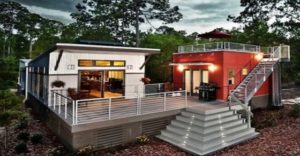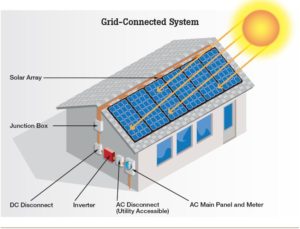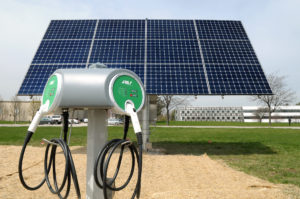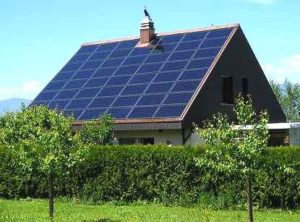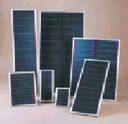 More and more consumers are installing solar panels systems on the roof of their homes. They have bought into the idea of generating electricity to reduce their costs. They consume less electricity and reduce pollution. Solar panels on your house can be an excellent way of saving money.
More and more consumers are installing solar panels systems on the roof of their homes. They have bought into the idea of generating electricity to reduce their costs. They consume less electricity and reduce pollution. Solar panels on your house can be an excellent way of saving money.
There are some practical issues associated with this trend. Many salespeople and solar panel companies will not talk about it. We happen to think it is important for the consumer to know these things. This info should be reviewed prior to making a decision about installing solar panels on your house.
Depending on the state and the subsidies, the amount of sun you get and the cost of electricity from the grid the payback for your investment could be as short as five years. You actually might save thousands of dollars in electricity costs over the lifetime of the solar panel power system which could last 25 years.
Sounds pretty good! But there are some issues the consumer should be aware of.
Solar Panels on Your House – Issues
While all of these incentives are available from government agencies, it may take some time to actually collect. If you are depending on this money for cash flow you might need to think again. The incentives will eventually arrive however just not in the time frame you were expecting.
Some systems require that you read the meter and send that information in once a month. Others will complete automatic readings for you at an increased cost. It really depends on whether you want to have the responsibility of meter reading once a month.
Most people assume that if the electrical grid goes down, they will continue to have power because they are generating power locally. Unfortunately, if the grid goes down, and you are connected to the grid your power system will automatically shut down at the same time. This is to prevent electrical power from being fed into the system while workers are trying to make repairs.
Finally, if you live in an area that gets lots of snow, you may need to clear snow from the solar panels before you can generate power in the wintertime. This is something that many consumers just do not consider as part of the decision to install solar panels on the roof. If Snow is covering the solar panels they will be unable to generate any electricity.
For more about solar panels and what to consider before installing solar panels, click here.
